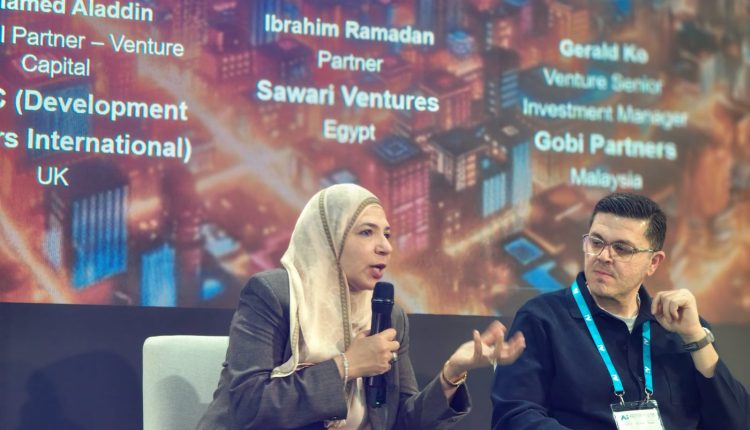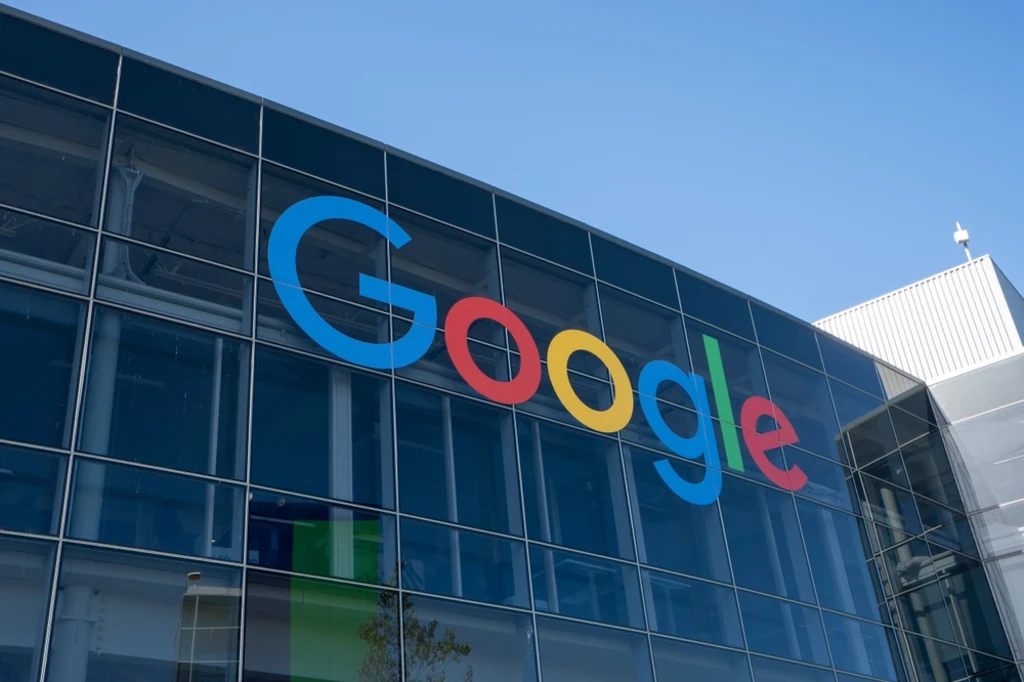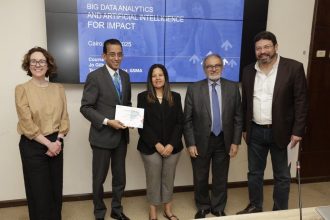A US federal judge is currently deliberating whether Alphabet’s Google will be permitted to bundle its Gemini AI service with widely used applications such as Maps and YouTube. The decision follows a proposal from the US Justice Department to prohibit the practice, citing concerns over monopolistic behavior in a landmark antitrust case that could reshape the future of AI integration in everyday technology.
The Core of the Dispute
During a hearing on October 8, 2025, Google’s legal team contended that the company does not possess monopoly power in the AI, Maps, or YouTube markets, arguing it should have the same right as its competitors to bundle products. However, the Justice Department is pushing for the same stringent restrictions on bundling to be applied to Gemini as were previously considered for Google Search, Chrome, and the Play Store. The case is being overseen by Judge Amit Mehta, who has previously ruled that Google holds a monopoly in the search and search advertising markets, and is now determining the appropriate remedies.
Gemini’s Proposed Integration
Google’s strategy involves deeply integrating its Gemini AI model into core services to create a more seamless and intuitive user experience. Within Maps, Gemini could offer personalized navigation that not only finds the fastest route but also suggests relevant stops and optimal travel times based on user habits. For YouTube, the AI aims to deliver more precise search results and smarter recommendations by understanding user intent more deeply. Additional features could include AI-generated summaries of long videos, allowing users to quickly grasp key information, and tools for creators to optimize titles and edits based on current trends.
Implications for the MENA Tech Ecosystem
This legal battle in the US carries significant weight for the MENA startup and tech landscape. If Google is allowed to proceed with bundling Gemini, it could accelerate the adoption of advanced AI among millions of users in the region who rely on Maps and YouTube daily. This would set a new standard for user experience, compelling regional players, from ride-hailing apps to content platforms, to innovate and integrate similar AI capabilities to remain competitive. Conversely, a ruling against Google could create more space for local and regional AI startups to offer specialized solutions without competing against a pre-installed default. The outcome will likely influence how MENA’s digital “super-apps” approach the integration of new technologies and navigate the complex balance between innovation, competition, and data privacy.
About Alphabet
Alphabet is a multinational conglomerate and the parent company of Google and several other companies operating in various sectors, including technology, life sciences, and research. Formed in 2015 as part of a corporate restructuring of Google, Alphabet aims to make its core internet services business more accountable while allowing greater autonomy for its diverse range of subsidiary ventures.
Source: Tech in Asia














